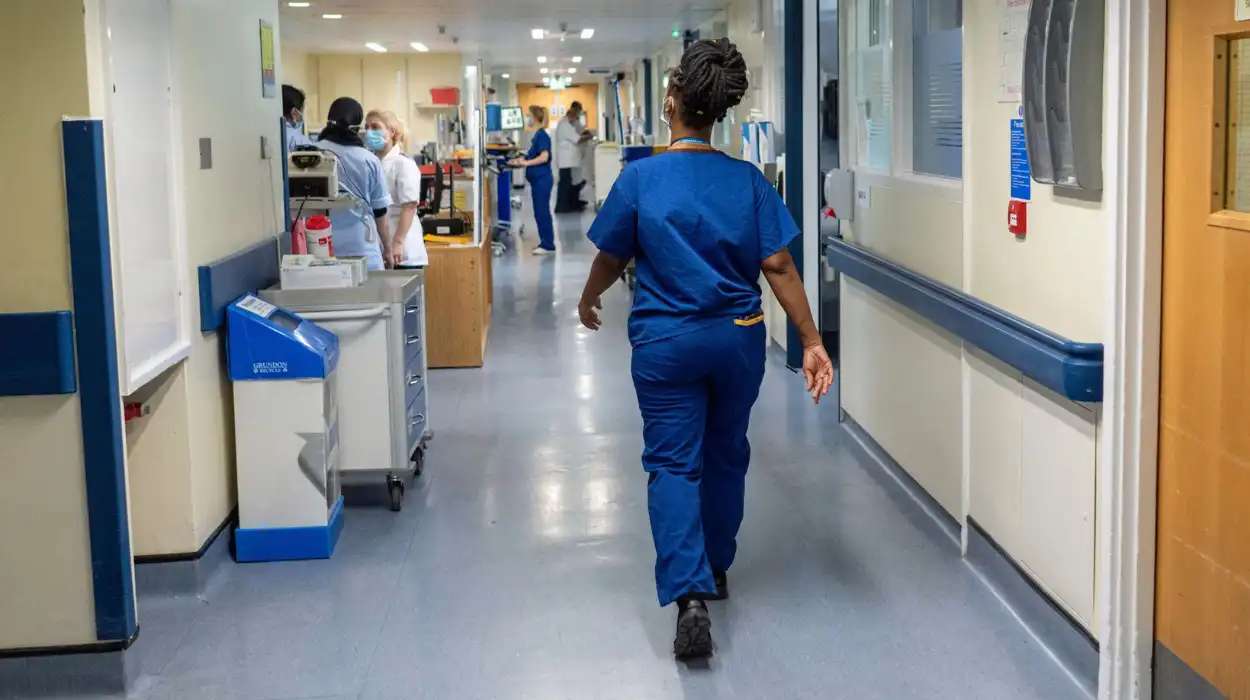UK (Parliament Politics Magazine) – NHS funding may soon depend on patient feedback, but experts warn this could unfairly penalise services struggling with deeper systemic issues.
As reported by Sky News, the government is considering linking NHS funding to patient feedback, potentially reducing budgets for services that fail to listen to patients.
What did the 10-year health plan mean for NHS ratings?
A pilot scheme under the upcoming health plan will ask patients to evaluate NHS services and recommend whether they should receive additional funding.
According to officials, the trial will begin with underperforming services where records show patients have not been properly treated.
The government believes this would offer a strong incentive for healthcare providers to take patient feedback seriously and improve care quality.
Under the government’s new “Year of Care Payments” initiative, healthcare providers will be financially incentivised for helping patients avoid hospital stays.
What did Matthew Taylor say about NHS feedback plans?
Matthew Taylor, head of the NHS Confederation, raised his concerns to The Times over the proposed patient feedback trial.
He told the newspaper,
“Patient experience is determined by far more than their individual interaction with the clinician and so, unless this is very carefully designed and evaluated, there is a risk that providers could be penalised for more systemic issues, such as constraints around staffing or estates, that are beyond their immediate control to fix.”
Mr Taylor said NHS leaders want clarity on the plan, warning that some aspects have raised concerns.
What did Wes Streeting say about rewarding patient care?
Health Secretary Wes Streeting stated,
“We will reward great patient care, so patient experience and clinical excellence are met with extra cash. These reforms are key to keeping people healthy and out of hospital, and to making the NHS sustainable for the long-term as part of the Plan for Change.”
What did Sir Jim Mackey say about NHS accessibility?
According to NHS England’s new chief, Sir Jim Mackey, key parts of the health system seem “built to keep the public away because it’s an inconvenience.”
He said,
“We’ve made it really hard, and we’ve probably all been on the end of it. The ward clerk only works nine to five, or they’re busy doing other stuff; the GP practice scrambles every morning.”
Mr Mackey stated,
“The big worry is, if we don’t grab that, and we don’t deal with it with pace, we’ll lose the population. If we lose the population, we’ve lost the NHS. For me, it’s straightforward. The two things are completely dependent on each other.”
Calling for a major shift in hospital outpatient services, he stressed that cutting back follow-up appointments should be prioritised due to their higher cost compared to GP care.
Mr Mackey said,
“Outpatients are glaringly obvious. Of 130 million outpatients a year, about 85 million or so are follow-ups.”
He criticised the 8 am scramble for GP appointments, calling it a “heart-sink moment” where patients endlessly call without success, only to repeat the cycle the next day.
NHS chief added,
“It feels like we’ve built mechanisms to keep the public away because it’s an inconvenience. We’ve got to somehow reorient it; think about how do we find people who need us, how do we stop thinking ‘it’s going to be a pain in the arse if you turn up because I’m quite busy’ and instead think about how do we find out what you need and get it sorted.”
Key facts about NHS funding
- NHS budget to grow 3% annually in real terms, reaching £232bn by 2028/29.
- 2% yearly productivity gains required, saving £17bn over 3 years.
- 5% efficiency cuts are also needed across the DHSC budget.
- Capital spending frozen, staying flat at £14.8bn despite £14bn repair backlog.
- Rising costs may absorb £16bn of the £22.6bn funding boost for 2024–26.


